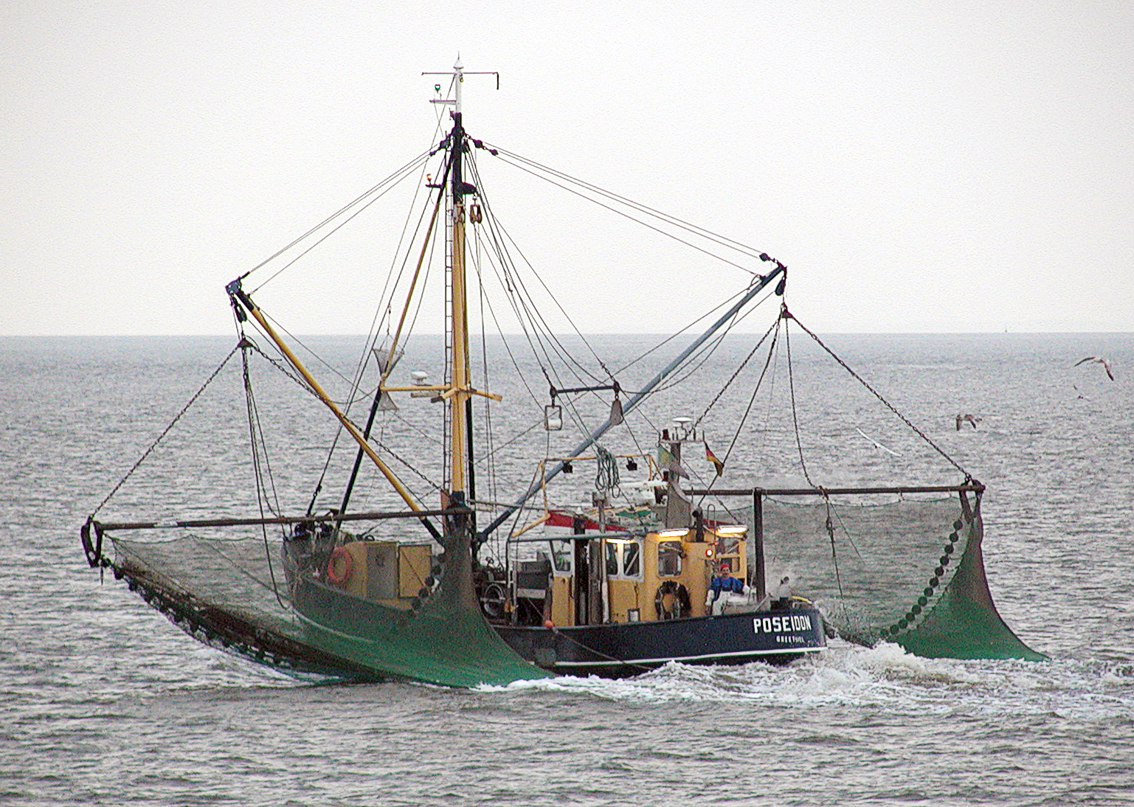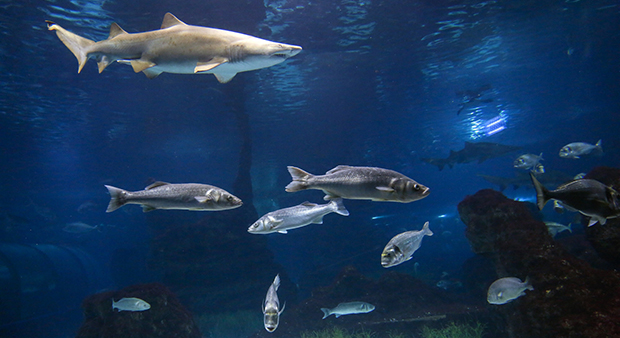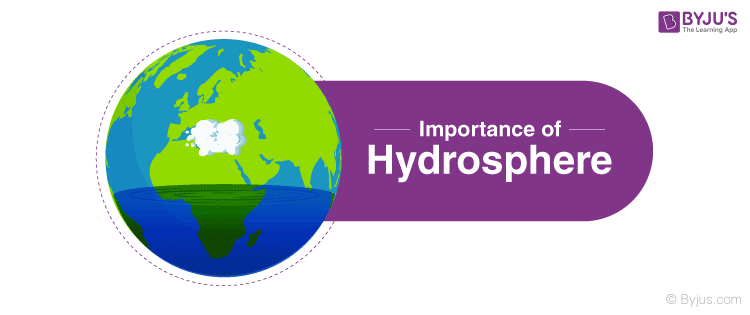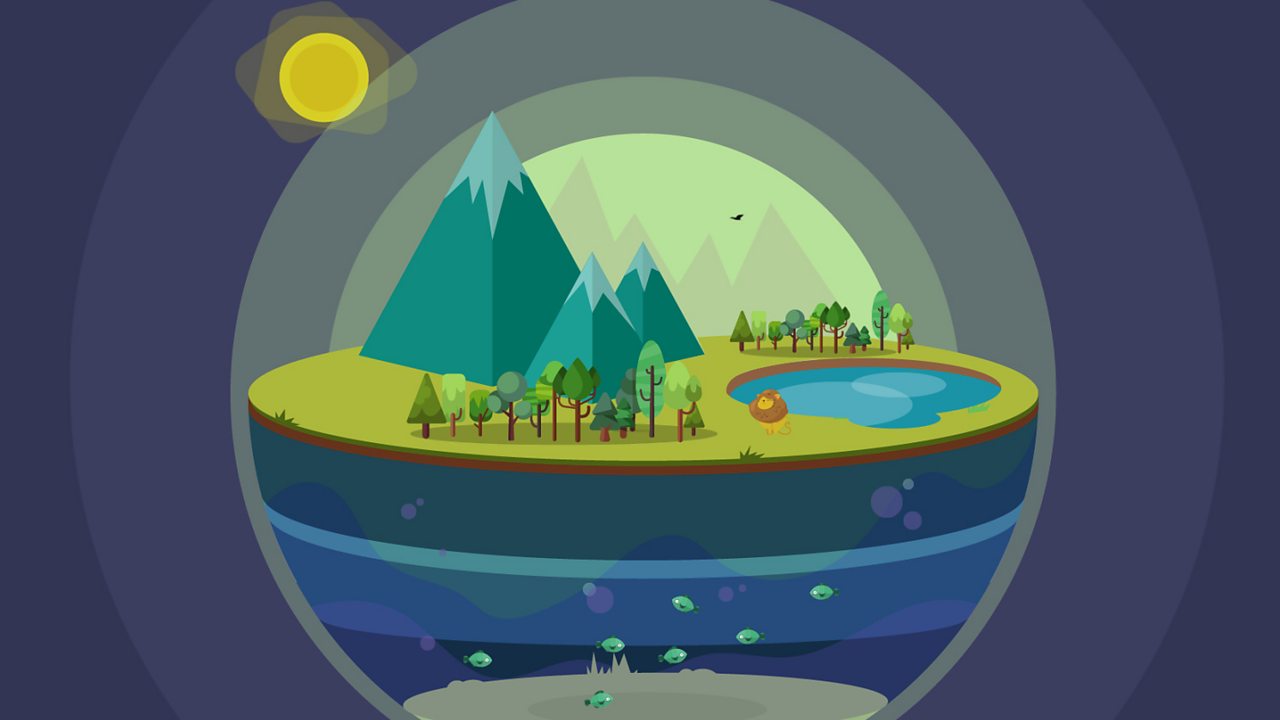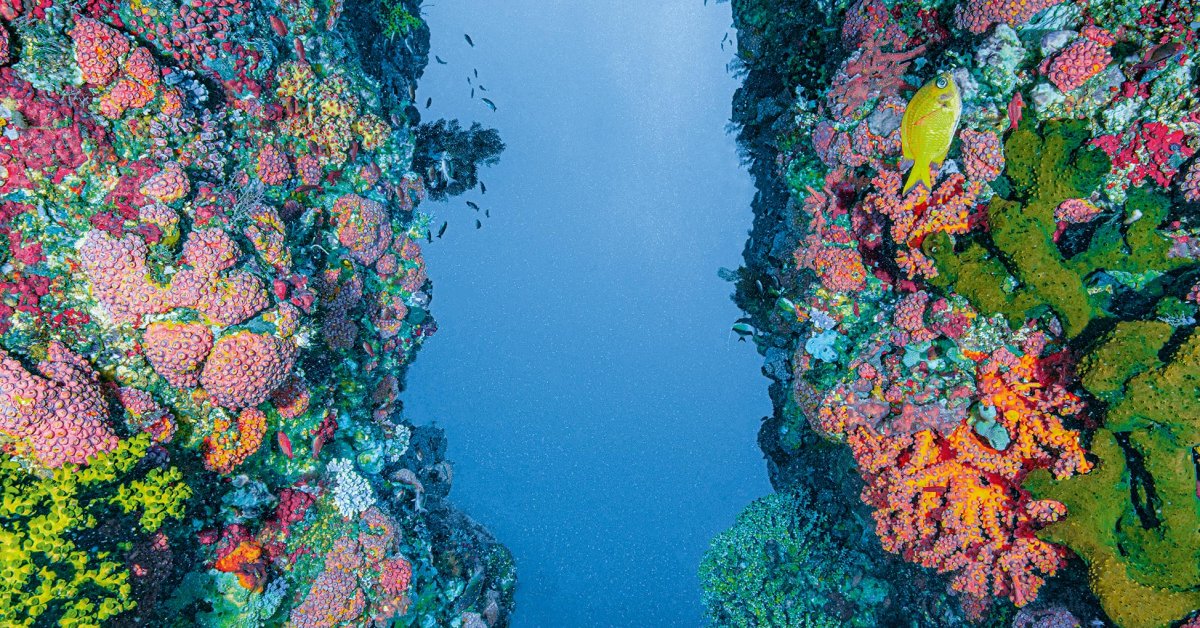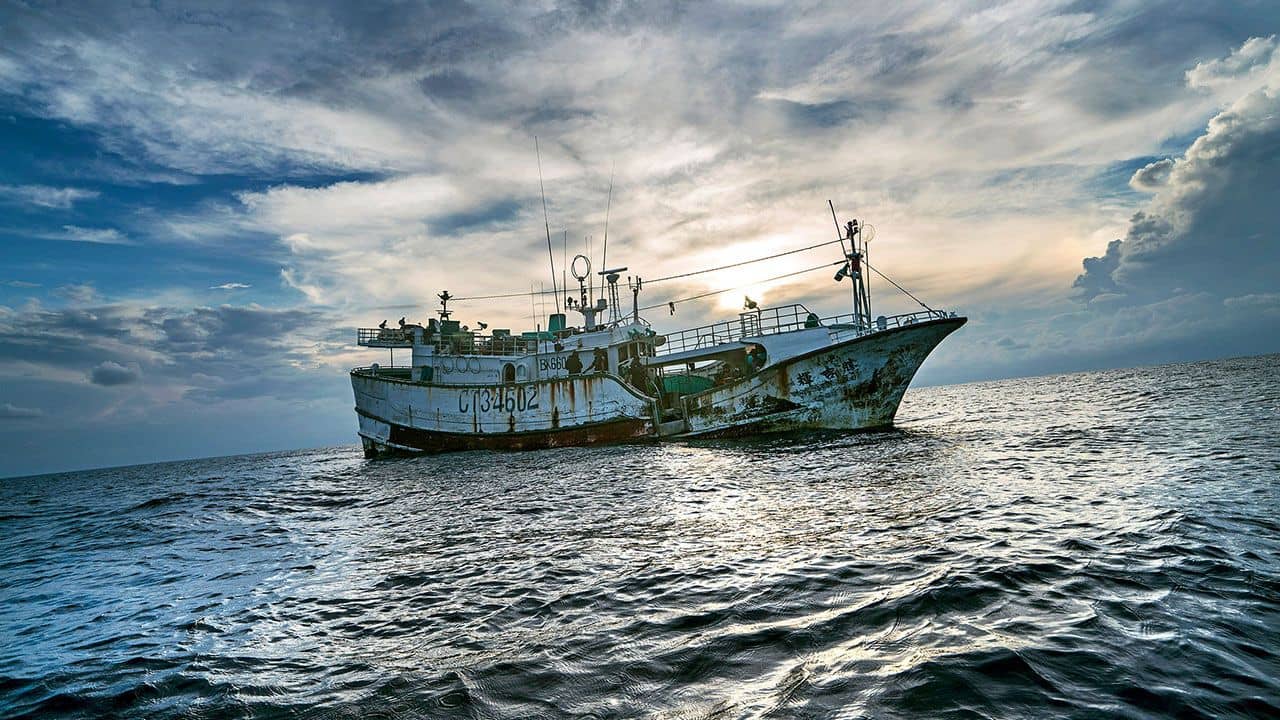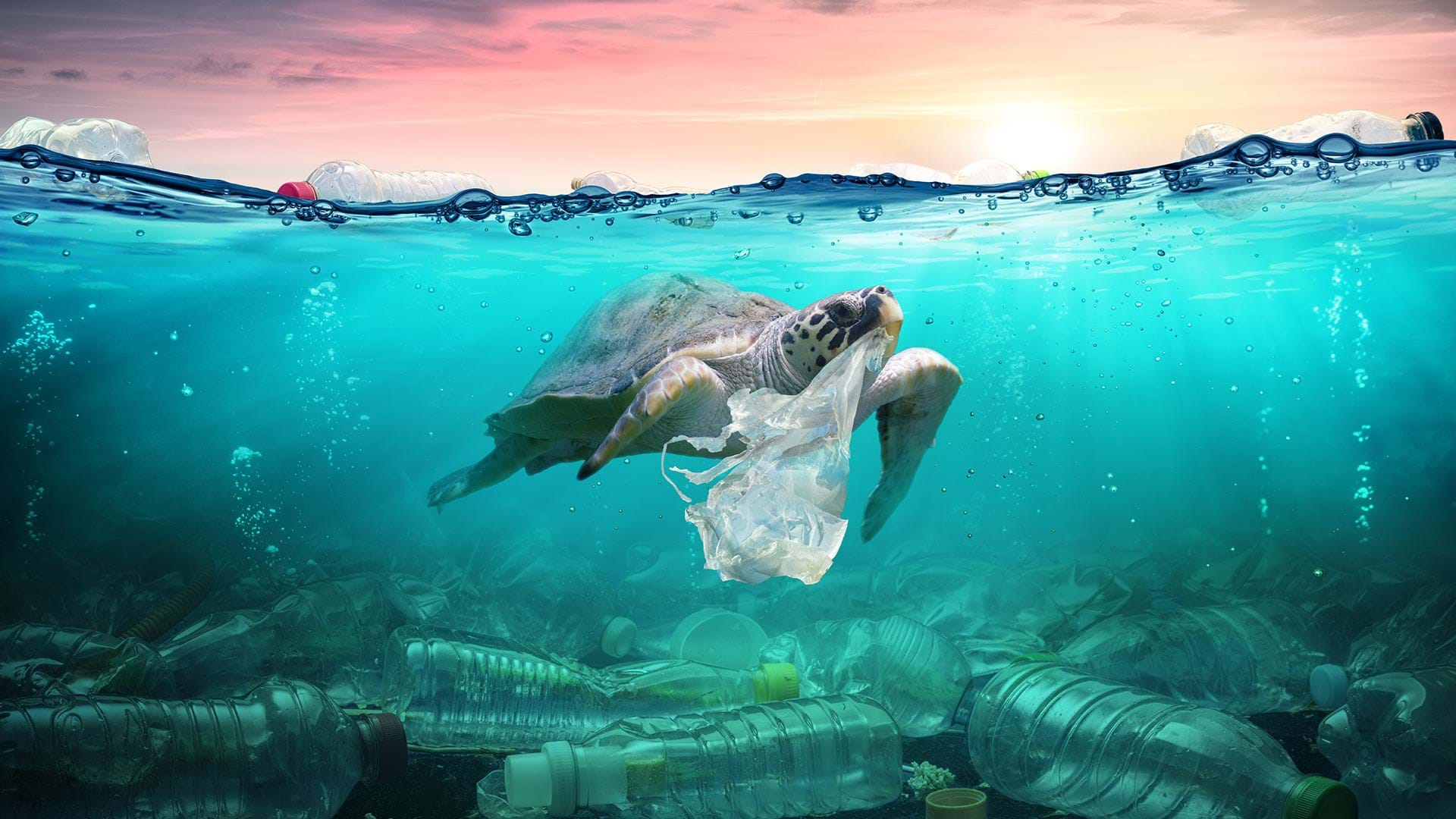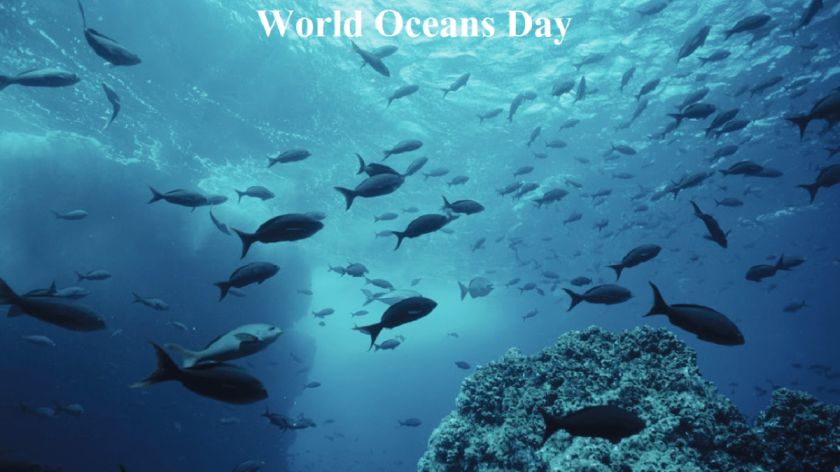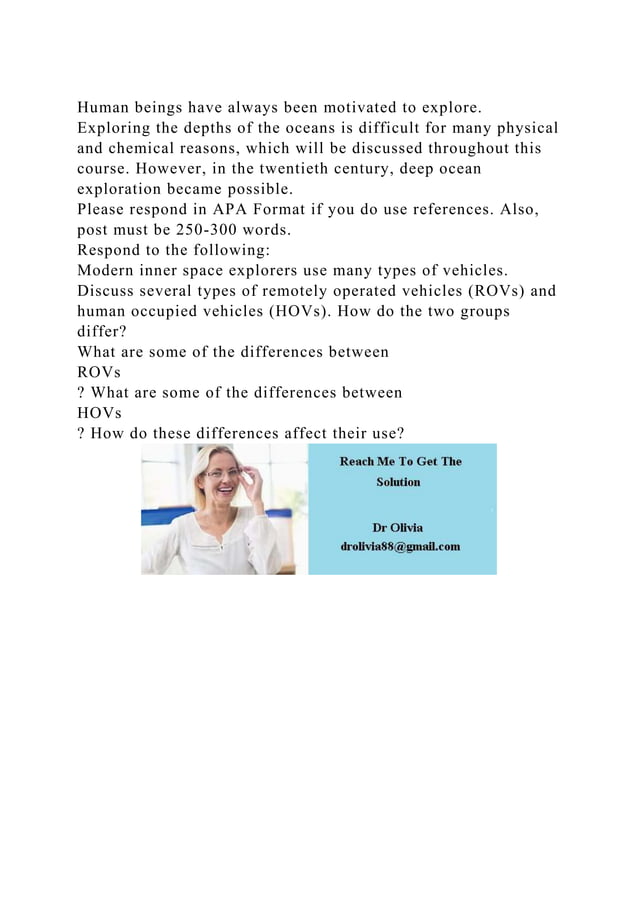Oceans play a vital role in the lives of human beings and provide numerous benefits and uses. Oceans cover over 70% of the Earth's surface and contain 97% of the planet's water. They are home to a diverse range of plant and animal life, and they provide a range of resources and services that are essential for human survival and well-being.
One of the primary uses of oceans for human beings is as a source of food. Oceans are home to a vast array of fish, shellfish, and other seafood that are an important source of protein for many people around the world. In addition to providing food, the fishing industry also employs millions of people and generates billions of dollars in revenue.
Oceans also play a crucial role in transportation. Many countries rely on shipping to transport goods and materials both domestically and internationally. Oceans provide a vital transportation corridor that allows for the efficient and cost-effective movement of goods and materials. In addition, tourism is an important industry that relies on the oceans. Cruise ships, ferries, and other vessels carry millions of tourists to coastal destinations around the world each year.
Oceans also provide a range of other resources that are essential to human life. For example, oil and natural gas deposits that are found beneath the oceans are a vital source of energy for many countries. In addition, the minerals and other resources that are found on the ocean floor are used in a variety of industries, including construction, electronics, and manufacturing.
Oceans also play a crucial role in regulating the Earth's climate and weather patterns. The oceans absorb a significant amount of heat from the sun, which helps to regulate global temperatures. They also play a role in the circulation of air and water, which helps to distribute heat and moisture around the planet.
In addition to the practical uses of oceans, they also provide recreational opportunities for human beings. Many people enjoy swimming, surfing, boating, and other water sports, and the oceans provide a vast and diverse range of locations for these activities.
Overall, the oceans provide a range of important benefits and uses for human beings. They are a vital source of food, transportation, and resources, and they play a crucial role in regulating the Earth's climate and weather patterns. In addition, they provide recreational opportunities for people around the world.
